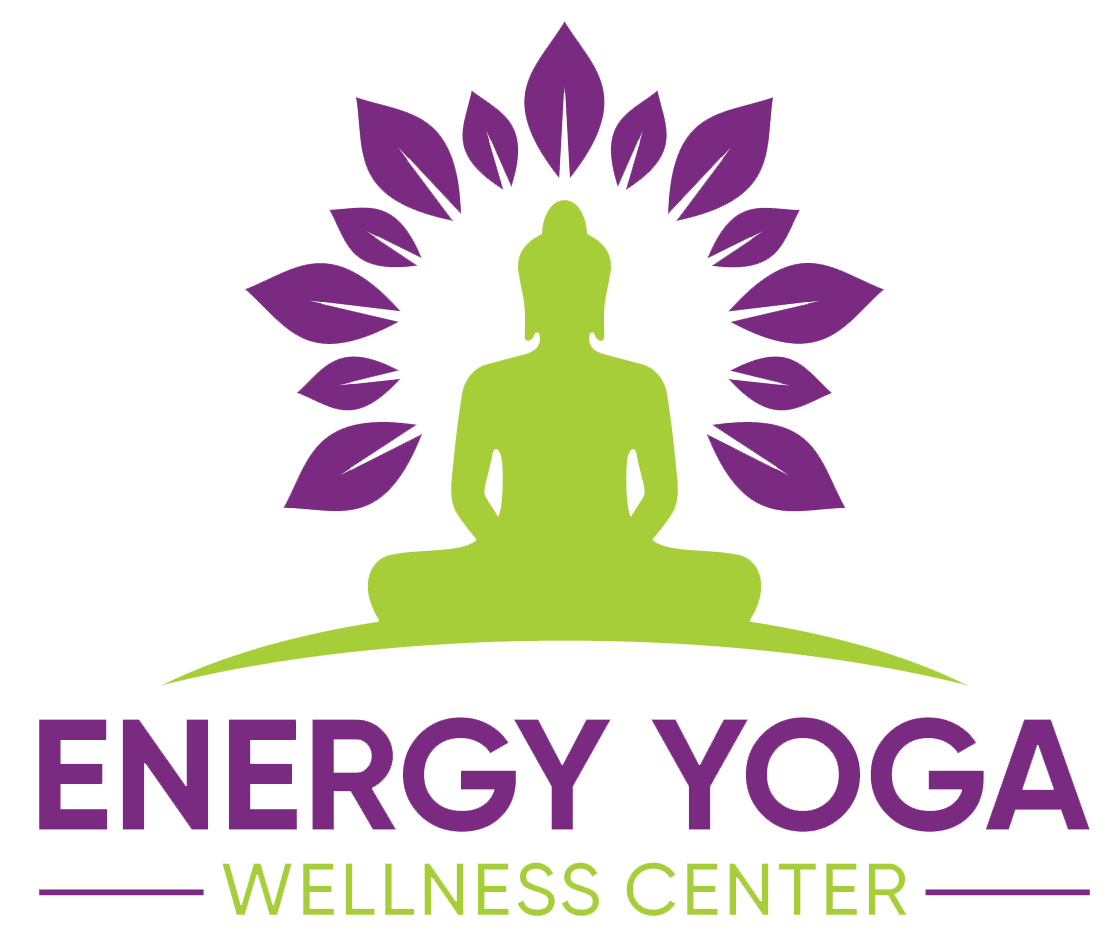WEEK 42.2 (OCT 18-OCT 24) – TRUST
“Get out of your head and get into your body. Think less and feel more. Your thoughts have to understand one thing: that you are not interested in them. The moment you have made this point you have attained a tremendous victory.” -Osho
“Sometimes the most important thing in a whole day is the rest we take between two deep breaths.” ~Etty Hillesum
Trust
Trust is one of the most crucial aspects of a relationship.. Whether it is a professional relationship or a romantic one, trustworthiness, honesty, and loyalty are the traits we seek in a partner.
A romantic relationship with firm trust can stand the test of time, distance, misunderstandings, and anything else that comes its way. The tiniest doubt can take away the peace from your mind, and the soul connection will quickly be lost.
“I’m not upset that you lied to me, I’m upset that from now on I can’t believe you.” – Friedrich Nietzsche
“Trust takes years to build, seconds to break, and may be impossible to repair. Trust is a lot like a mirror, you can fix it if it’s broken, but you will always see the crack in the reflection.” – David Scott
“I don’t trust people who don’t love themselves and tell me, ‘I love you.’ … There is an African saying which is: Be careful when a naked person offers you a shirt.” – Maya Angelou
Poem – Trust
Trust is the glue that holds you tight, When the world around you seems to be falling apart. It’s the hand that you hold in the dark, When you’re lost and can’t find your mark.
Trust is the light that guides your way, When you’re feeling lost and astray. It’s the warmth that you feel in your soul, When you’re with someone who makes youfeel whole.
So cherish the trust that you have found, And let it grow and spread all around. For when trust is strong, love will thrive, And together, you’ll conquer all and survive.
“The beginning of love is the will to let those we love be perfectly themselves, the resolution not to twist them to fit our own image. If in loving them we do not love what they are, but only their potential likeness to ourselves, then we do not love them: we only love the reflection of ourselves we find in them” -Thomas Merton, No Man Is an Island
“Friendship- my definition- is built on two things. Respect and trust. Both elements have to be there. And it has to be mutual. You can have respect for someone, but if you don’t have trust, the friendship will crumble.” – Stieg Larsson, The Girl with the Dragon Tattoo
Build Trust with yourself one yoga pose at a time…
Once upon a time, there was a young woman named Sarah who was new to yoga. She was nervous about trying new poses and didn’t trust herself to do them correctly. One day, her yoga teacher asked her to try a challenging pose called the “Eagle Pose.” Sarah was hesitant at first, but her teacher encouraged her to trust herself and try the pose.
Sarah took a deep breath and slowly lifted her leg up and over her other leg, wrapping it around like an eagle’s wings. She felt wobbly at first, but then she remembered to trust herself and her body. She breathed deeply and focused on the pose, feeling strong and confident.
As she held the pose, Sarah realized that trusting herself was the key to unlocking her full potential in yoga and in life. She learned that when she trusted herself, she could do anything she set her mind to.
So whenever Sarah felt nervous or unsure in yoga or in life, she remembered the Eagle Pose and trusted herself to soar. – The end
“Relationships are like birds. If you hold tightly, they die. If you hold loosely, they fly. But if you hold with care, they remain with you forever.”– Anonymous
“If you have to play detective, then it’s time to move on.
“When mistrust comes in, loves goes out.”– Irish proverb
“It is a blessed thing to have a friend, one human soul whom we can trust utterly, who knows the best and worst of us, and who loves us in spite of all our defects and imperfections because they can see our light.”– David Scott
“Having trust makes love come alive. Trust isn’t just the basis for a relationship; it’s the lifeblood that keeps a relationship healthy.”– Mira Kirshenbaum
“I understand how vulnerable it feels, putting your heart in someone else’s hands. But, if you don’t, how will you ever truly experience the richness of what true love is? Trust is the glue holding a relationship together.” – David Scott
“Trust takes time and consistency. A key to building trust is being true to your word; saying what you mean and meaning what you say.” – David Scott
We don’t have to agree on anything to be kind to one another.
Be the reason someone smiles today and believes in the goodness of people.
“We often give our enemies the means of our own destruction.” ~Aesop, The Eagle and the Arrow
“Our wounds are often the openings into the best and most beautiful parts of ourselves.” ~David Richo
“Trust the wait. Embrace the uncertainty. Enjoy the beauty of becoming.”
“I’ve had a lot of worries in my life, most of which never happened.” -Mark Twain
Growing can only occur when we are outside of our comfort zone.
“Conditions are never just right. A young bird in a nest, avoiding taking first flight until conditions are just perfect, never learns to fly and succumbs in the nest.” David Scott
“A person must be able to cut a knot, for everything cannot be untied.”
“A door must be shut or a door must be open. We resist burning a bridge from our past, out of insecurities about our future. Have courage and confidence to burn the bridge behind you and use the light from their flames to brighten the paths towards our future.” David Scott
“Decision is sharp knife that cuts clean and straight. Indecision, a dull one that hacks and tears and leaves ragged edges behind.” Gordon Graham
“There isn’t enough room in your mind for both worry and faith. You must decide which one will live there.” ~Sir Robertson
“Our words should be poem, our actions compose a song and the purpose of our lives is to make ourselves and others dance.” David Scott
“She had not known the weight until she felt the freedom.” ~Nathaniel Hawthorne (The Scarlet Letter)
“At any given moment, you have the power to say: This is not how the story is going to end.” -Christine Mason Miller
“The Tao is always at ease. It overcomes without competing, answers without speaking a word, arrives without being summoned, accomplishes without a plan.” ~Lao-Tsu
“There is no greater wealth in this world than peace of mind.”
“It’s okay to not be okay all the time.”
“Feelings come and go like clouds in a windy sky. Conscious breathing is my anchor.” ~Thich Nhat Hanh
“Worry does not empty tomorrow of its sorrow. It empties today of its strength.” ~Corrie Ten Boom
“Peace is the result of retraining your mind to process life as it is, rather than as you think it should be.” ~Wayne Dyer
“The journey of a thousand miles begins with one step.” ~Lao Tzu
“Mighty Ships are built survive storms and to travel the oceans; exploring the vast reaches of our planet. Ships don’t sink because of the water around them; ships sink because they allow the stormy waters to get inside. Don’t let what’s happening around you get inside your head and weigh you down.” David Scott
“I was never one to patiently pick up broken fragments and glue them together again and tell myself that the mended whole was as good as new. What is broken is broken, and I’d rather remember it as it was at its best than mend it and see the broken pieces as long as I lived.”– Margaret Mitchell


